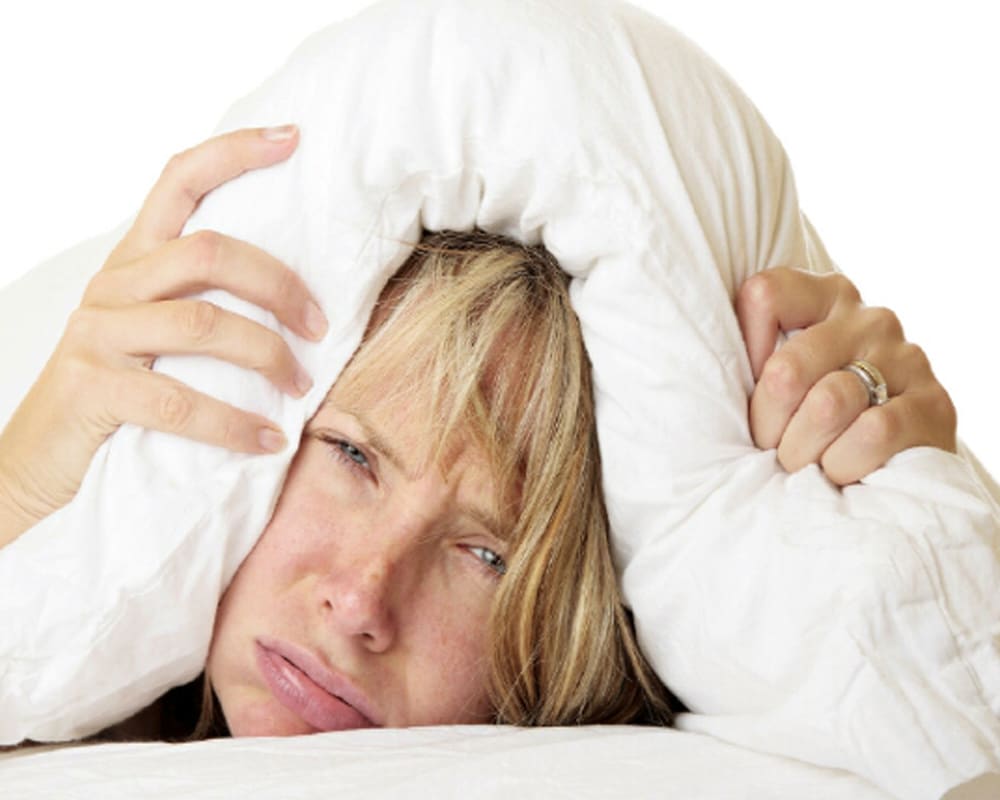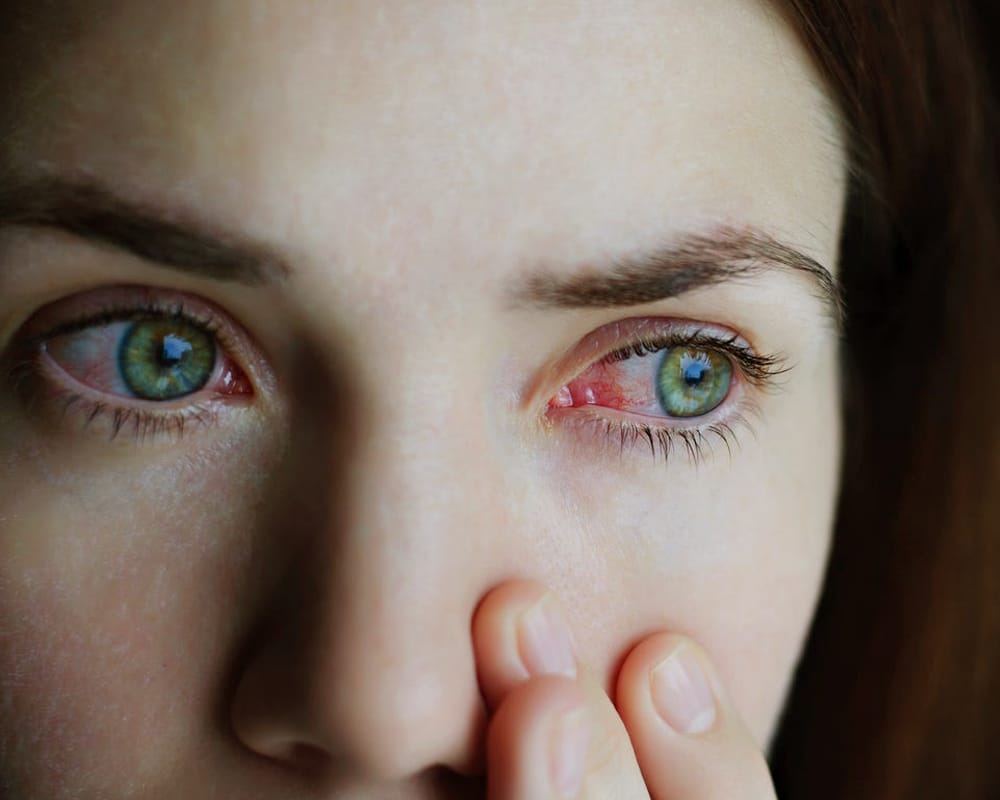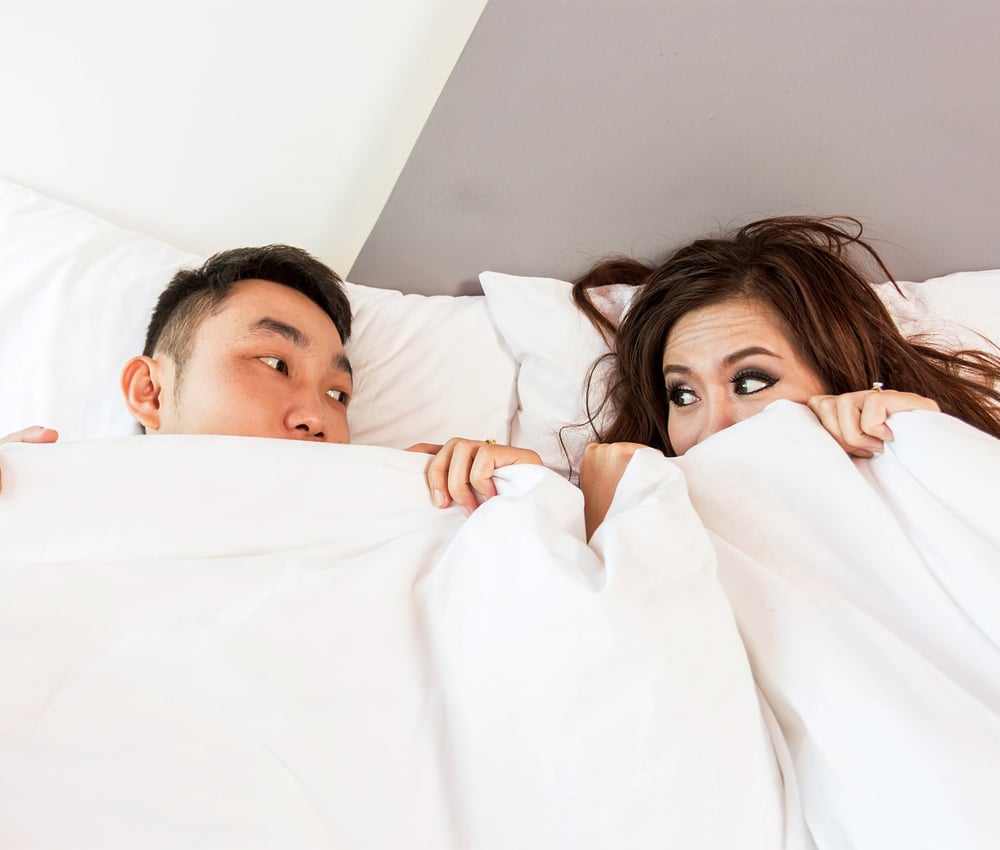Are you want to know how long can you go without sleep? Well, The USA, 1964. 17-year-old Randy Gardner is in a bad mood and has hallucinations. His physical and cognitive performance is severely restricted. No wonder: the young man has been awake for almost 264 hours continuously – that’s around eleven days and nights. Then it happens: his eyes close, and he nods off. The attempt, which was carried out under medical supervision at the time, is still the official guard record, according to the Guinness Book of Records.
In 2007, a Briton managed to stay awake two hours longer than Gardner, but by then, the category in the Book of Records had long been missing due to health concerns. How long can you go without sleep?
How Long Can You Go Without Sleep? Pay Into a Sleep Account
After all, research has taken in a ton from such examinations. For instance, we realize that the living being just makes up very little for lost rest. Since at record holder Gardner unmistakably followed eleven days without rest, he just required a solitary, 15-hour recuperation night. After that, his sleep duration was reduced to seven to eight hours a night.
How can this knowledge be applied to everyday life? “We have a sleeping account that we pay into,” explains Gerhard Klosch, a sleep expert at the University Clinic for Neurology at the Vienna Medical University. “It is not tragic, for example, if someone sleeps one or two nights fewer hours within a week, provided that the total weekly sleep time is roughly balanced.” If, on the other hand, too little is permanently paid into the sleeping account, a deficit naturally arises.

Sleep Regenerates The Body
Science agrees that sleep is essential for numerous regeneration processes in the body. Among other things for digestion, the immune system, and the ability to learn. “There is no expression of life that is not directly or indirectly influenced by the sleep process,” says Klosch. On the other hand, there is no generally valid definition of the importance or function of sleep, which is accepted by all experts.
If the nightly recovery phase influences us so much, what happens if we no longer sleep? Can insomnia even lead to death? The good news for all owls: “You can’t die from insomnia,” reassures Klosch. Randy Gardner’s experiment has shown that your body forces you to indulge in sleep at some point. “In medicine we say: sleeping is imperative,” said Klosch.
Sleep Pressure Until You Fall Asleep
The explanation for this: If you don’t sleep for a long time, sleep pressure builds up continuously. Such manifests itself in features that everyone knows: the eyelids almost close, thinking slows down, you yawn, get cold hands and feet, or a tunnel-like look. The longer we are awake, the higher this sleep pressure becomes – and at some point, the body gets what it needs.
However: the tendency to fall asleep fluctuates; it comes in 90 to 120-minute intervals. Then it would be an excellent time to go to bed and fall asleep. “Sleeping gates open and close again. That is why it makes no sense to stay in bed if you have trouble falling asleep. It is better to get up and try again one and a half hours later,” advises Klosch.
What Happens If you Are Not Sleeping?
Intentional members in logical investigations, officers in real life, patients with certain psychological issues: They have all demonstrated ordinarily that you can endure even long days without observable late impacts. The human body recovers itself altogether inside a brief time frame subsequent to having persevered through the efforts of this sort.
Gardner or Wright don’t appear to be colorful. Lack of sleep is frequently utilized effectively against wretchedness by analysts and specialists, so in remarkable cases, it can even bode well.
However, most of those who have tried it themselves report perception problems that arise very soon, increasing lack of concentration and general mental difficulties. No wonder, since modern sleep research assumes that the brain “tidies up” during sleep, that is, removes superfluous nerve connections to remain receptive.
Such explains why the deficits described, which result from sleep deprivation, disappear completely after one or two nights of sleep. So if you occasionally turn the night into day, you don’t have to worry about long-term consequences. Severe effects on your health usually only become noticeable after continuous sleep deprivation.
Do you Die if you Don’t Sleep?
If you spend a huge time without sleep it will eventually have deadly consequences. The effects of sleep deprivation start out small, but will eventually become unsustainable. Extreme lack of sleep is physically, emotionally and in terms of our perception, disastrous for our body.
The Consequences of Sleep Deprivation

All people need sleep to function normally. Yet there are many things that can seriously disrupt our sleep rhythms, such as working night shifts, traveling across different time zones, sleep disorders such as insomnia, stress, depression, menopause, interrogation, and torture.
Sleep deprivation can lead to many complaints including:
- Sore muscles
- Loss of concentration
- Dizziness and fainting
- Confusion and hallucinations
- Hyperactivity
- Impatience and irritability
- Amnesia
- Nausea
- Psychosis
Countless individuals experience the ill effects of lack of sleep every now and then. An expanding number of individuals on the planet experience the ill effects of constant lack of sleep due to the quickest creating computerized space and current way of life. For this absence of rest, individuals need to pay colossal in the public eye in view of its first phase of inviting others with every genuine infection.
The Bottom Line
The reason it is believed that people can die from sleep deprivation. Humans usually how long can survive without sleeping isn’t clear, it’s different on persons so it’s a common question that how long can you go without sleep? When it’s time to take a night’s sleep, the body puts itself into a power and recovery mode.
So it is clear that if people passed almost 36 hours without sleep begin to show extreme symptoms. So need to visit a doctor as soon as, the doctor may be able to offer advice on how to get over from symptoms and how can back on track with your sleep schedule.
